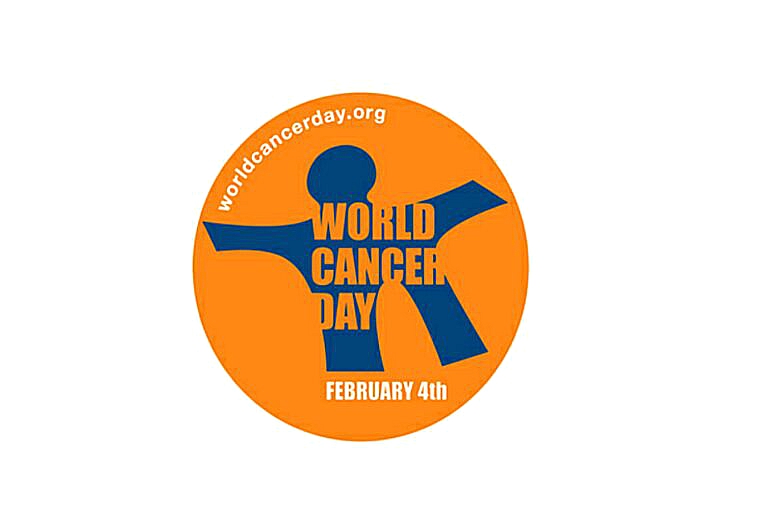Latvia’s main problem with cancer is that diagnosis is most often determined at a very late stage. There are about 75,000 cancer patients registered in Latvia currently, and every year 11,000 more are diagnosed.
As specialist Dace Baltiņa of the Eastern Hospital’s Oncology ward pointed out, Latvia’s rate of cancer cases per 100,000 patients is lower than in Europe’s averages, but more emphasis is being put on order in the treatment system, educating patients and doctors to get them to proper treatment in better time.
The earlier cancer is diagnosed, the better the chances for a patient’s full recovery. Third- or fourth-stage cancers are usually beyond the hope of even modern hospital equipment and expensive drugs. Oncologists don’t blame family doctors for the late diagnoses, but rather the patients themselves, who avoid health care establishments and don’t take care of themselves.
Latvian Oncology Association president Jānis Eglītis urged people to check their skin for scabs or sores that resist healing, or a change in a birthmark, which should prompt a visit to the family doctor for testing. Likewise with lung cancer – if a cough seems to persist for weeks or months with no seeming cause, it’s time for an x-ray. The same applies to unusual releases from the intestines or reproductive organs of blood or mucus. Not to mention upon discovering unusual lumps or growths inside the body.
Doctors urge residents to avoid excess weight, be physically active and think about their dietary habits. One should regularly eat fruits and vegetables, quit smoking and not overdo visits to the solarium.
Health promotion department head Ilze Straume of the Center for Disease Prevention and Control (SPKC) said the agency is planning to “prepare informational materials and encourage people to talk to their family doctors.”
The medical community urges everyone to take advantage of state-sponsored screening programs for breast, uterine and intestinal cancers. It’s possible undergoing such a test could save many lives.





























